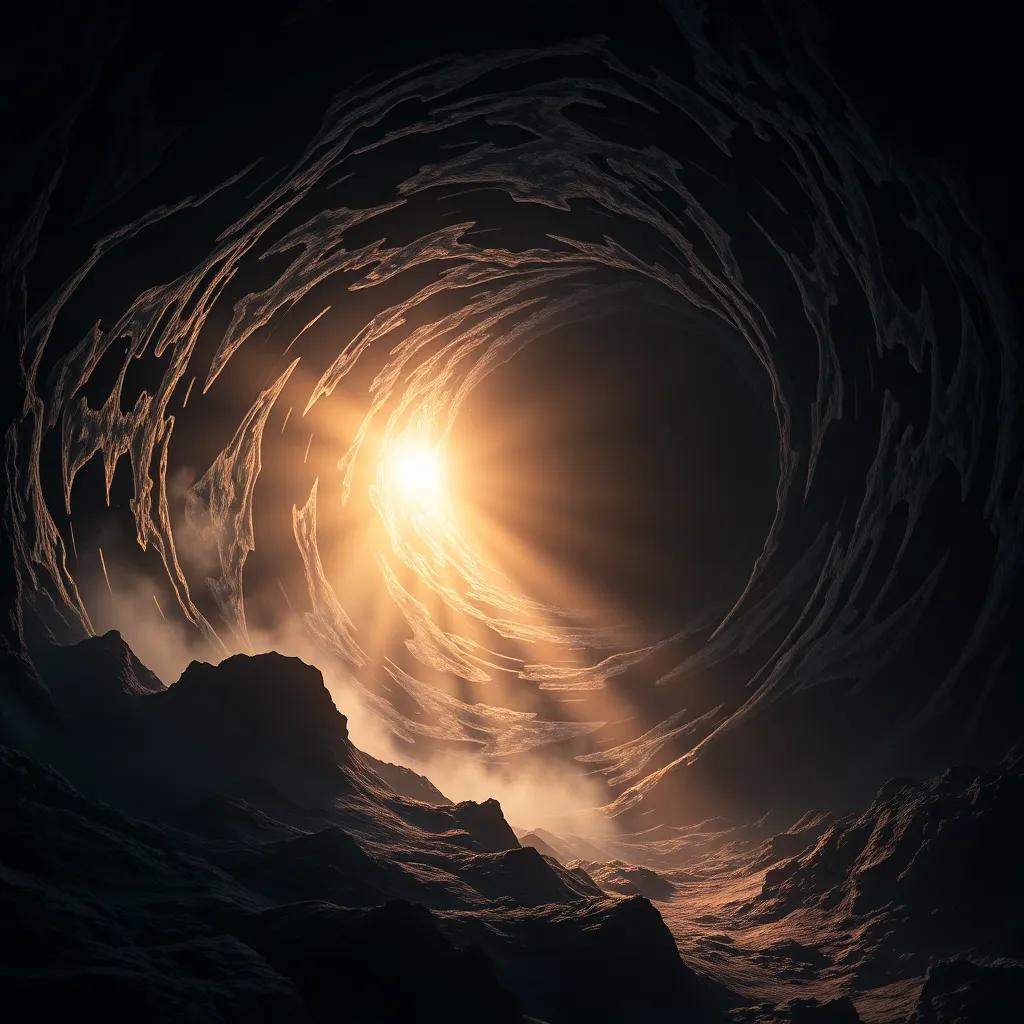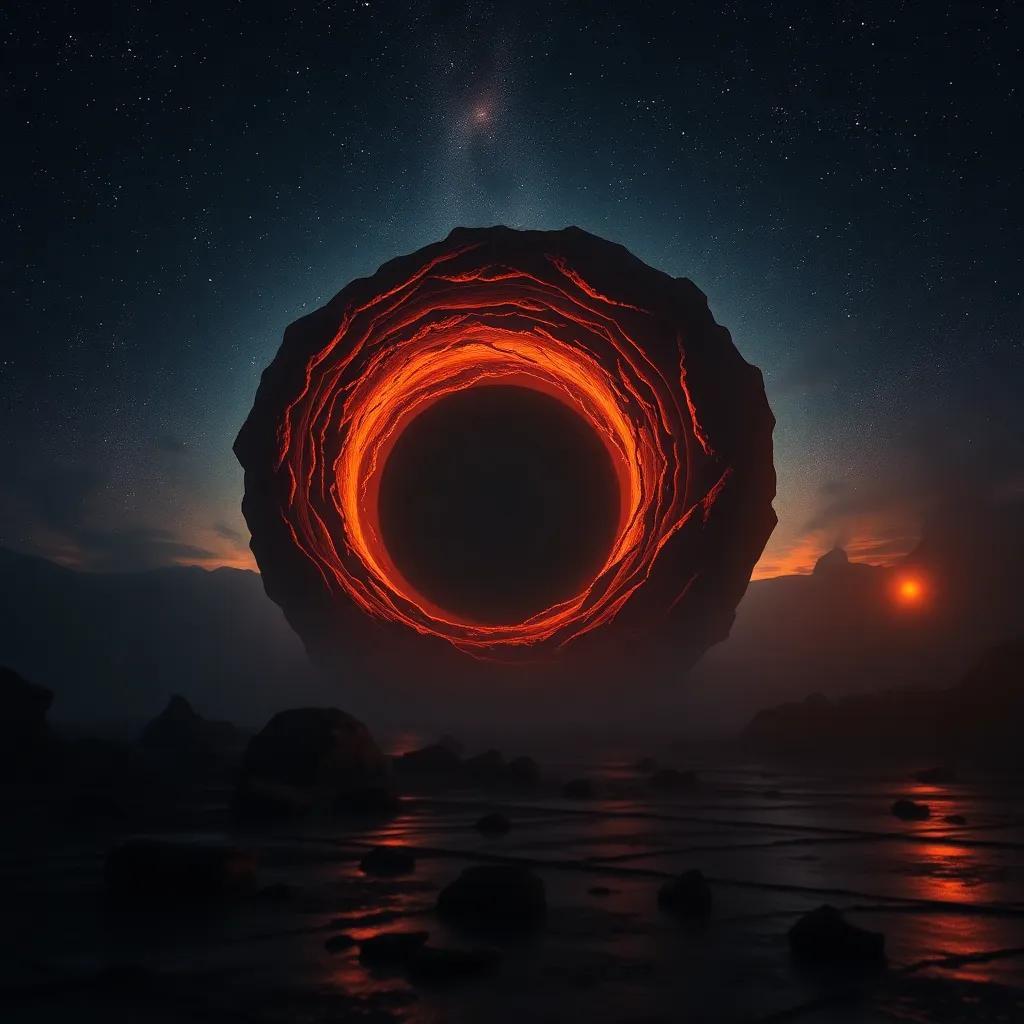Table of Contents
Cosmic curiosity Awaits

What happens when you venture too close to a black hole? it might surprise you to learn that these cosmic giants not only warp space and time but also challenge our fundamental understanding of reality.Their existence raises profound questions about the fabric of our universe and what lies beyond. In this exploration, we’ll delve into how black holes disrupt our perceptions, reveal new physical laws, and ignite philosophical debates about existence. Ready to dive into the unknown?
warping Time and Space
Black holes are more than just cosmic vacuum cleaners. When a star collapses under its own gravity, it can create a region in space where gravity is so strong that nothing, not even light, can escape. This phenomenon challenges our notions of time and space.
- Event Horizon: The boundary beyond which nothing returns.
- Singularity: The core where gravity becomes infinite.
- Time Dilation: Near a black hole, time slows considerably compared to distant observers.
Imagine standing near a black hole. To you, time flows normally, but for someone far away, decades may pass in that brief moment. This unique viewpoint reshapes our understanding of time, suggesting it is not fixed, but relative.
In recognizing how black holes warp time and space, we confront concepts that challenge our daily experiences and beliefs, compelling us to rethink our place in the cosmos.
Black Holes and the Nature of Reality
As we venture deeper, it becomes clear that black holes aren’t just astronomical oddities; they may hold keys to unanswered questions about our universe. They serve as natural laboratories for physics, revealing extreme conditions that challenge known laws.
| Key Theories | Description |
|---|---|
| General Relativity | Predicts the warping of space-time around massive objects like black holes. |
| Quantum Mechanics | Describes the behavior of particles at subatomic levels that may operate differently near black hole environments. |
| Hawking Radiation | Proposed by Stephen Hawking; suggests black holes can emit radiation due to quantum effects. |
The intersection of these theories with black hole phenomena pushes the boundaries of our scientific models. The debate between quantum mechanics and general relativity remains unresolved. Therefore,black holes do not just distort our understanding of physical laws; they invite us to explore deeper philosophical questions about reality itself.
In contemplating what exists within and beyond black holes, we gain insights that might redefine our conception of the universe and all it contains.
Philosophical Implications of Black Holes
Beyond physics,black holes beckon philosophical inquiry.They confront us with existential questions: What exists at the core of a black hole? Is information truly lost?
This central mystery inspires various perspectives,urging us to explore concepts such as:
- The Nature of Existence: Are black holes gateways to alternate realities or merely voids?
- Information Paradox: Does information that falls into a black hole disappear forever,or can it be retrieved?
- The Fabric of Space-Time: How do black holes challenge our understanding of the continuum?
These inquiries intertwine science with philosophy,demonstrating how black holes provoke deeper thought about existence itself,our knowledge,and how we rationalize the universe.
Mysteries Awaiting Discovery

black holes challenge conventional wisdom in profound ways. They warp the dimensions of time and space and ignite debates across physics and philosophy. The universe presents mysteries that hold potential for both scientific discovery and existential reflection.
Perhaps the most vital lesson of all is this: the unknown beckons us to explore and redefine the boundaries of reality.
Consider taking a moment to ponder-what othre secrets might the cosmos be hiding, waiting for us to unveil?



